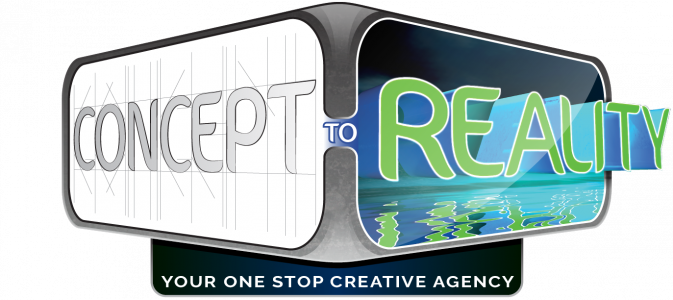
From concept to reality of a professional website
In the digital age, a website is not just an online presence, but a gateway to the success of your business. Creating a professional website is crucial to differentiate yourself in a crowded digital landscape and to provide users with a memorable online experience. In this article, we will explore not only the importance of a well-developed website, but also how the in-house technology we use adds value, giving users the opportunity to manage their site without IT knowledge or programming.
First Impressions Matter: Your website is often the first impression customers have of your business. A professional website conveys credibility and trustworthiness, making visitors more likely to engage with your brand.
Brand Identity and Consistency: A well-designed website reflects your brand identity and values. It ensures consistency across all your marketing channels, reinforcing your brand image in the minds of your audience.
Accessibility and Reach: A website provides a platform for customers to access information about your products or services anytime, anywhere. It expands your reach beyond physical boundaries, allowing you to connect with a global audience.
Competitive Advantage: In a crowded market, a professionally designed website can give you a competitive edge. It showcases your unique selling points and highlights what sets you apart from competitors.
SEO and Online Visibility: A professional website is optimized for search engines, improving your online visibility and driving organic traffic. By incorporating relevant keywords, meta tags, and high-quality content, you can rank higher in search engine results pages (SERPs).
User Experience: A user-friendly website enhances the overall experience for visitors. Intuitive navigation, fast loading times, and mobile responsiveness are key factors that contribute to a positive user experience, encouraging visitors to stay longer and explore further.
Lead Generation and Conversion: A well-designed website is an effective tool for lead generation and conversion. By incorporating clear calls-to-action (CTAs), compelling content, and persuasive design elements, you can guide visitors through the sales funnel and convert them into customers.
Analytics and Insights: With tools like Google Analytics, you can track user behavior on your website and gather valuable insights into customer preferences, demographics, and engagement metrics. This data enables you to make informed decisions and optimize your website for better performance.
Innovative features or revolutionary differences in your website design or functionality can further enhance its effectiveness. These could include:
Personalization: Tailoring the user experience based on individual preferences and behavior can significantly improve engagement and conversion rates.
Interactive Elements: Incorporating interactive elements such as quizzes, calculators, or virtual tours can make the website more engaging and memorable for visitors.
E-commerce Integration: If you’re selling products or services online, seamless e-commerce integration with secure payment gateways can streamline the purchasing process and enhance customer satisfaction.
Advanced Security Measures: Implementing robust security measures such as SSL encryption, firewalls, and regular security audits can protect sensitive data and build trust with your audience.
AI and Chatbots: Integrating artificial intelligence (AI) technologies such as chatbots can provide personalized customer support and assistance 24/7, improving user satisfaction and retention.
By focusing on these aspects and continuously refining your website based on user feedback and industry trends, you can create a powerful online presence that drives growth and success for your business.
